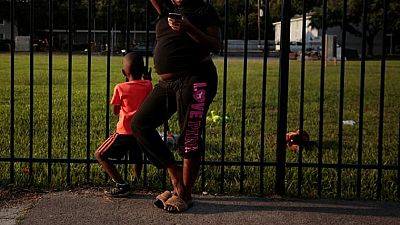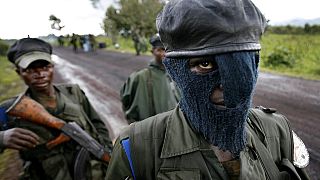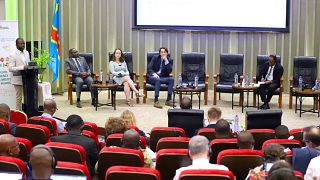Human Rights Watch (HRW) has accused the Zambian government of failing to enforce a law that protects the right of young mothers to be educated.
The southern African country in 1997 promulgated a re-entry policy that allowed pregnant girls to retrun to school after giving birth.
“It was a positive step toward upholding girls’ basic right to education, expanding their future job options, and contributing to the country’s economic progress.
“But many young mothers are still dropping out of school, because the government isn’t putting the policy into practice,” HRW’s Senior Coordinator for Children’s Rights Susan Raqib, wrote in a piece titled: “Zambia Should Keep Young Moithers in School – Don’t let Pregnancy Be a Barrier to Education.”
She narrated meeting with local groups in the Zambian capital Lusaka, one advocate according to her bemoaned the lack of government commitment to implementing the policy to the fullest.
Some of the issues surrounding the poor implementation included:
- School officials are not trained on the policy guidelines and “some have never even seen a copy.”
- The government doesn’t monitor school compliance, and there are no consequences if they don’t respect girls’ right to be in school.
- Adolescent mothers lack the mental health and logistical support the policy requires, such as assistance with paperwork for school leave.
- Many encounter stigma and ridicule in school.
- Some faith-based schools, including those with state funding, often force girls who become mothers to transfer to other schools, deeming them a “bad influence.”
Zambia’s child marriage rates are among the highest in the world, hence a national strategy to address the issue. Kenya developed a school re-entry strategy in 1994 but records show that it faces the same hurdles as does Zambia.
The plan as is the case in both countries recognizes that encouraging adolescent mothers to return to school lessens the likelihood that they will marry before age 18.
Over in Tanzania, there is a clear government policy that bars girls from returning to school after giving birth. In Sierra Leone, special schools were established for such girls whiles activist dragged government to a regional court over the law banning girls from school post-birth.
HRW’s call to action
The government should direct all schools to respect the policy, and provide guidance on pragmatic ways schools can support young mothers. It should make sure that school staff know about and comply with the policy guidelines, and that they are accountable if they don’t.
Trained counselors should meaningfully support pregnant girls and adolescent mothers and help them return to school. Adequately trained teachers should provide education for all students about sexuality and reproductive health.
It has been more than 20 years since the Zambian government promised that young mothers could return to school. The government shouldn’t delay any longer making sure that girls can complete their education, regardless of pregnancy or motherhood.












